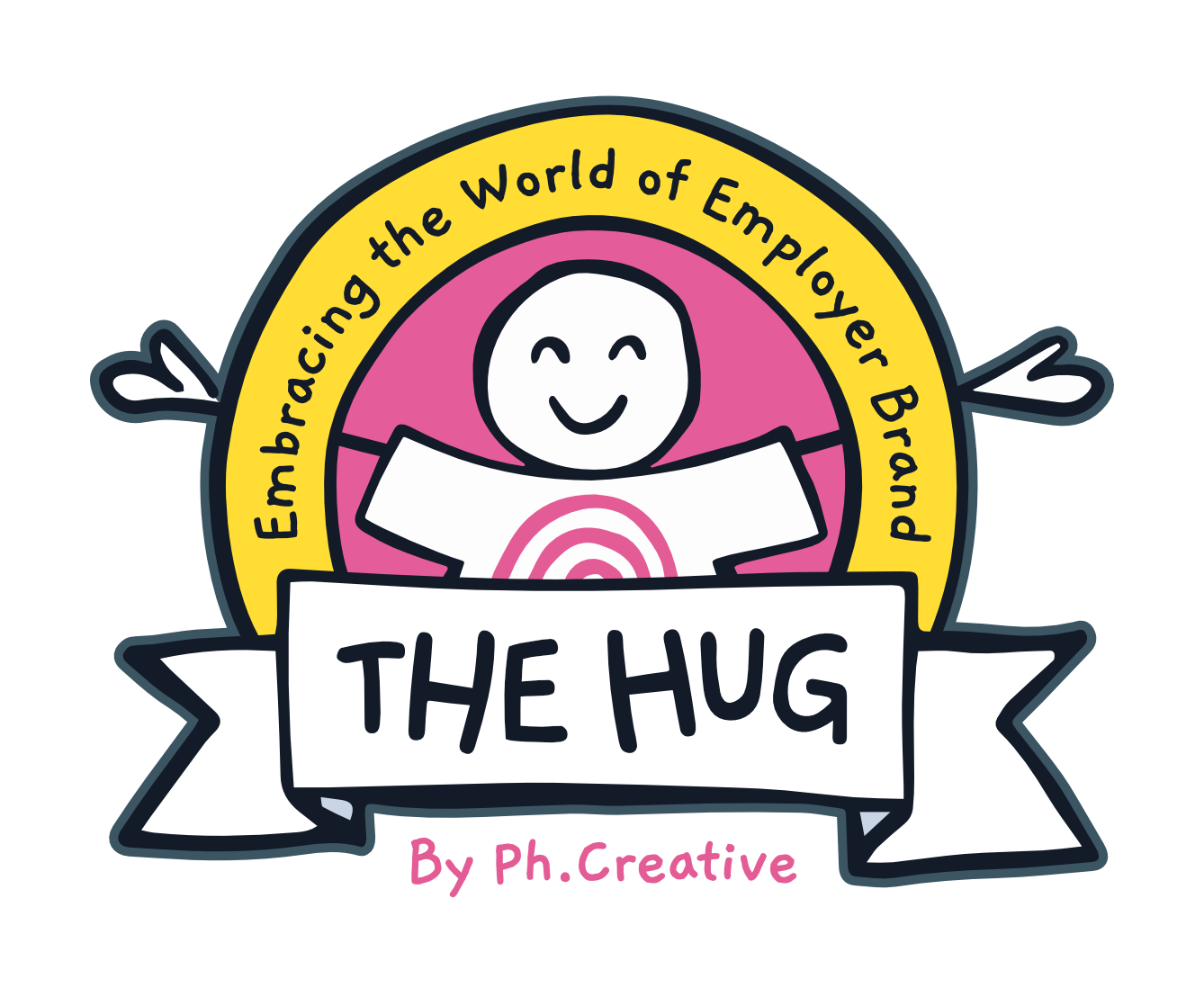Why You Should Stop Being Nice as a Leader
2 min read.
It’s a tough one. Everybody wants to be nice, to be liked. There are few people out there in the world who truly enjoy being the “bad guy”. And yet, there are elements of the likeable trait which not only stop you progressing as a leader, they actually set you back.
Take it from leadership coach Adrian Koehler. As cofounder of coaching group Take New Ground, and with over a decade’s experience under his belt, he knows a thing or two about the typical challenges leaders are up against, and that includes being nice, he says.
Not “too nice”, you’ll note, or even “so nice.” Just “nice” full stop. It’s a controversial statement, but here's why he's got a point.
The Trouble with Niceties
You see, the word nice comes from the Latin word nescius meaning “ignorant”, which last time we checked… wasn’t a good thing. Nowadays we use the term somewhat differently, but the original meaning still stands, says Koehler.
“To be nice,” he notes, “you must ignore a lot of things. Because what is niceness? Niceness is a pleasant impact on someone. And rather than doing this for others, I would say the major reason we do it is because we want to see ourselves as a nice person.
“But if I'm trying to shape my reputation around being nice, if that's my commitment, I must avoid so many things. And it makes our relationships really anaemic because everything has to fit through this agreeable filter. I’ve got to keep you thinking I'm nice, so I can't really bring up tough situations, I definitely can't challenge you, and it's all usually very self-serving.”
None of this means you should go back to Lisa from marketing and tell her that no, you don’t like her new haircut, despite saying you did last Friday, and in fact you think it looks like a toddler has been hacking away with garden shears.
No. Not being nice doesn’t mean being nasty. It means evolving how you think about what’s best for people. It means, as Koehler clarifies, dispensing with shallow, self-serving pleasantries and making a subtle shift towards “kindness.”
Why Kind is the New Nice
“Kindness, for me at least, has a wider array of possibilities,” he explains, “but it always involves the truth. Being kind is “I am helping,” not, “I'm just trying to support an image.” It means actually being there for people.
“Sometimes part of being kind is to say the hard thing - you can say it in a really loving way, like, “Hey, I saw you in that meeting and you talked the whole time. And I know you want your team to be really engaged, so I think you might be sabotaging yourself.” Or “You said something, and I know you weren't telling the truth and I felt for you. So, what's going on? Can we talk about it?”
Is telling Lisa you think her haircut is terrible particularly helpful to her? Not really. She’s either already aware of it and there’s no need to rub salt in the wound, or she’s pleased with it, in which case let her be.
Let’s consider a different scenario for a moment. Say Lisa is continually acting in a way that is making life difficult for her and others – not completing her work, perhaps. It's holding up the team and creating resentment. Now, niceness would dictate you ignore the situation, tell Lisa it’s fine, perhaps even pick up some of her workload yourself (to the detriment of your own performance.)
Kindness, on the other hand, allows room for an honest, difficult and let’s face it, probably awkward conversation to get to the root of Lisa’s issue. (After all, there are many external factors that could be shaping her behaviour: is she going through a break-up? Has she had some bad news? Maybe she needs extra support and is too afraid to ask.) But when you shift your mindset from niceness to kindness, you’re prioritising an outcome that is helpful rather than comfortable.
Lisa might not thank you for the uncomfortable conversation right away, in which case you’re making a sacrifice. You’re forfeiting Lisa’s “nice” opinion of you in an earnest attempt to improve the situation.
Embrace the paradox
“Being kind is a polemic,” says Koehler. “It's a paradox of, ‘I'm here for you, I'm going to sacrifice my own image, and I'm okay with you not liking me for the sake of what I’m committed to. Kindness will go farther, and it'll create muscle and connectedness.”
He continues: “If you don't challenge the natural pleasantries, then you can never be resilient because you'll always worship politeness. That's kind of what niceness is.
“Anytime I'm in a room with a group of leaders, usually in the first couple hours I say, ‘Can we stop being so polite? Please? Just speak your mind,’ because their politeness is just going to keep up the history. You can only talk about a certain number of things that fit into this niceness bullshit. You're not going to create anything new that way because you can't even talk about what's here.”
Is there a sticky situation you've been ignoring? Take this as your sign to show up a little more truthfully as a leader today. Tackle a problem. Dust off the sugar coating. That's how you affect real change.
Sign up to our blog

Every other Thursday we share:
✔ One feature full of our freshest insights
✔ An expert hack you'll love to use
✔ The links you need now
+ other helpful bits for thousands of EB and TA pros just like you

